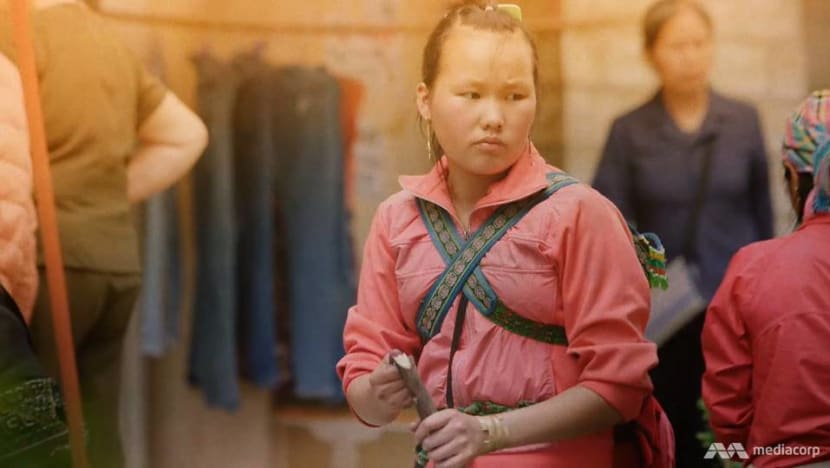Raped, beaten and sold in China: Vietnam's kidnapped young brides
More young girls from Vietnam are ending up in forced marriages in China, where the gender imbalance has created a demand for foreign brides, as Insight discovers.
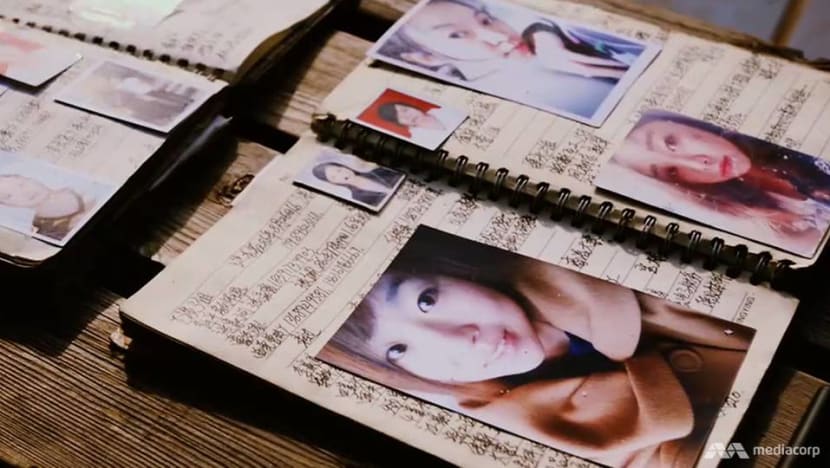
Brides from Vietnam are in high demand among men in China, where there is a huge surplus of single men.
HANOI: Linh, a high school student, thought nothing of accepting a family friend’s casual invitation to visit the neighbouring district of Muong Khuong.
That family "friend" turned out to be a lying crook – he was in fact working for a human trafficking ring, and had taken a year to slowly befriend the 17-year-old.
En route to Muong Khuong, the teenager was kidnapped and brought to China, where she was forced to marry a stranger.
“If you are trafficked, of course you will be raped. Probably everyone was raped,” she recalled.
“I became a wife there (in China). At that house, I had to obey everything they said or else I would be beaten. They beat me without fear because I am not Chinese.”
In the scenic rural highlands of northwestern Vietnam, girls like Linh, and as young as 13, have been disappearing from the remote villages at an alarming rate.
Kidnapped and sold to human traffickers, many of these young girls end up re-sold as brides in China, a country grappling with a gender imbalance in which men greatly outnumber women, as the programme Insight discovers. (Watch the episode here.)
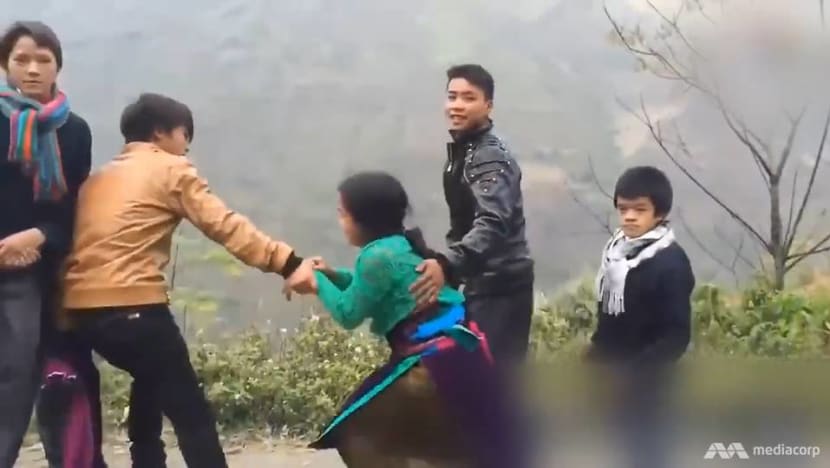
A TRAFFICKER COULD BE ANYONE
Vietnam and China share a long mountainous and porous border, which has made it easier for traffickers to snatch girls from the villages and move them across the border.
“There’s a lot of money in human trafficking. The people who sell girls can make tens of thousands of dollars on a sale,” pointed out Michael Brosowski, founder of Hanoi-based charity Blue Dragon Children’s Foundation which rescues Vietnamese trafficking victims.
Between 2012 and 2017, more than 3,000 people, mostly women and children, were trafficked, according to the Vietnamese Ministry of Public Security. But these are just the official figures - the number of unreported cases is widely thought to be significantly higher.
WATCH: Kidnapped as brides (7:44)
Caitlin Wiesen, country director of the United Nations Development Programme (UNDP), pointed out that Vietnam is known as a source country for labour exploitation, sexual exploitation and forced marriages.
Poverty in remote areas, low education levels and a lack of jobs have created an environment where women feel they need to go out and find work, she said. Some, lured by promises of jobs, end up being trafficked by unscrupulous agents.
And these agents, or traffickers, explained Brosowski, are willing to invest weeks and sometimes months in getting close to a victim, so that they can make that "sale".
There’s no typical profile of a trafficker; he or she can be anyone – from young, unemployed school dropouts, to elderly women selling tea in a marketplace, to even fellow teenage girls.
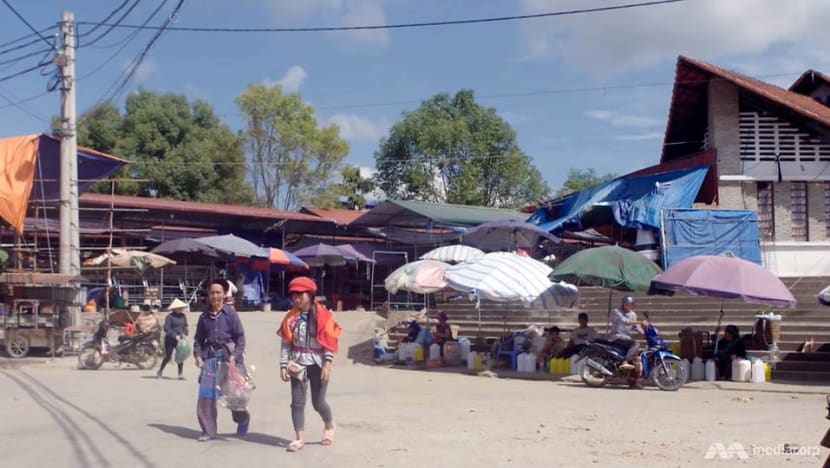
“Traffickers can be male or female, they can be any age … most of the time, the traffickers have built a relationship with the victim, sometimes over many months,” said Brosowski.
“They may have even gone on holiday together, before the trafficker takes her to China.”
BEATEN INTO OBEDIENCE
That was the case for Linh (not her real name) who lives in Bac Ha, one of Vietnam’s most impoverished regions in Lao Cai where villagers rely heavily on small-scale farming as their main source of livelihood.
That region’s per capita income is around half that of the country, and many farmers feel trapped in a cycle of poverty.
Linh was duped and sold to a trafficking ring in China. She was oblivious to what was going on, “until I arrived in some district and saw Chinese characters. That’s when I realised I was trafficked. I was frightened”, she recalled.
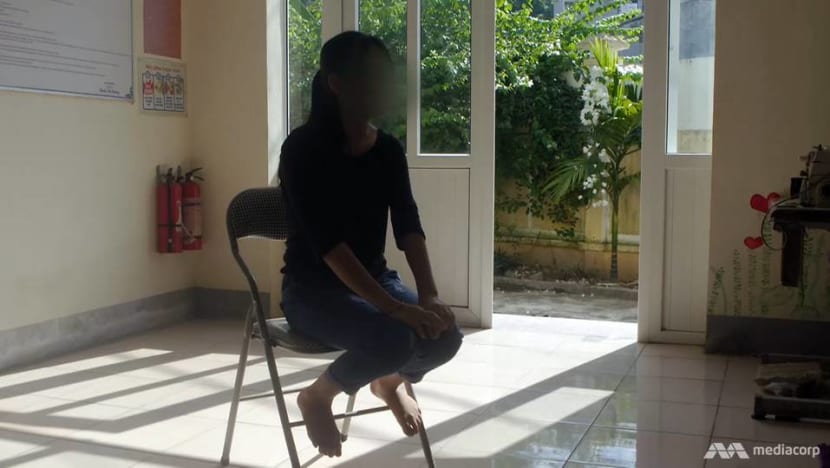
She was moved from place to place, and finally sold as a bride to a family who beat her frequently – simply because she couldn’t speak their language.
“You have to be completely obedient when you are over there,” said Linh, now 19.
You are beaten, you suffer all kind of things. I didn't want to live when I was there.
Fortunately, her resourceful father managed to track her down, to a home in Yunnan province where she was subsequently rescued by the authorities.
Then there’s Giang, who is also from Lao Cai – she was just 16 when she was kidnapped by a friend at a market last year.
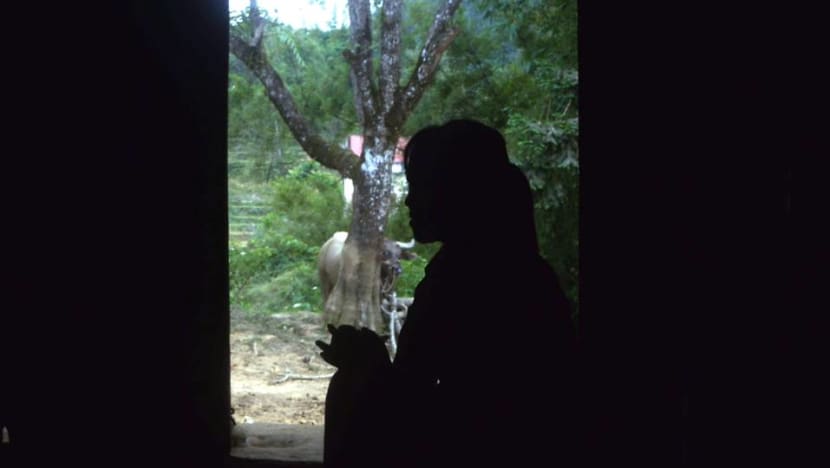
She suspected that she had been drugged, as she suddenly found herself in China.
“We hung out at the market and when we left to go home, they took me straight to China,” recounted Giang, who wanted to be known only by this nickname. “When I knew what was going on, I was already in China.”
She refused to get married and cried every day, she said.
They threatened to dissect me for my organs if I wouldn't get married. I thought I would never see my home again.
Giang was lucky – she met a Vietnamese guy who pitied her and sold his motorbike to pay her kidnappers for her release. The whole ordeal lasted five long agonising days.
EXTREME MEASURES TO GET A BRIDE
These two girls are just a fraction of the trafficked girls who are able to return home, with many more left trapped in a foreign country against their will.
But what’s fuelling this demand for Vietnamese brides in China, home to 1.4 billion people?
READ: The ‘leftover men’ of China, who just want to get married
WATCH: China’s men desperately seeking wives (4:44)
Massive gender imbalance, intense cultural pressure and expensive dowries have forced many men from poor villagers in China to resort to extreme measures to find themselves a bride.
China’s one-child policy, which came into force in 1979, has prevented around 400 million births, according to the Chinese government.
Coupled with the general preference among Chinese families for male offspring, it has resulted in China having one of the highest gender imbalances in the world – it is estimated that come 2020, there would be 55 million more males than females.
It is little surprise that some of these men look towards neighbouring countries such as Vietnam for lifelong partners.
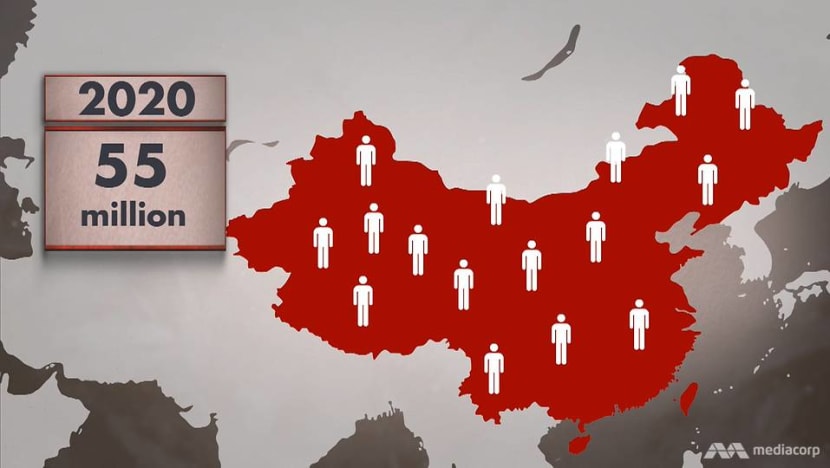
This surplus of bachelors has caught the attention of human traffickers who hope to cash in. And a Chinese man – legitimately looking for a life partner – may not realise that the woman he is meeting is a victim of human trafficking.
The Vietnamese police investigated more than 1,000 cases of human trafficking between 2012 to 2017, and arrested more than 2,000 people for their involvement in this illegal trade.
However, not all marriages involving Vietnamese brides and Chinese grooms are forced ones, claimed matchmaker Lim, who maintained that some women were willing to be sold as wives.
“Vietnamese women have a lowly status and so that’s why they come to China to get a husband,” she elaborated. “People who want to come here, they are happy but the people who don’t (find happiness), they run away because they are anxious about their lives here.”
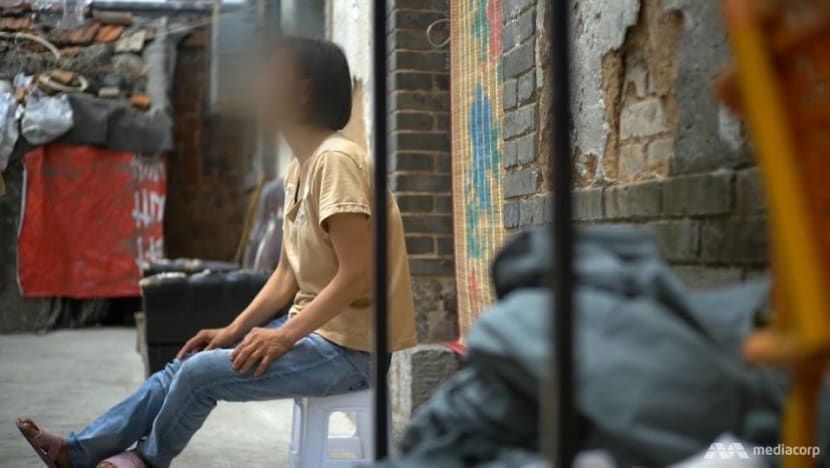
But the reality is, many young women from Vietnam have gambled on their marriages in China, driven by their extreme poverty – and fallen prey to scams that leave them open to abuse.
STIGMATISED, AFTER BEING RESCUED
The good news is that on average, about 100 victims return from China each year, estimated Nguyen Tuong Long, head of Lào Cai’s Department of Social Evils Prevention.
But often, these victims have been through sexual abuse and labour exploitation. “In many cases, victims were forced into prostitution. Consequently, most returned victims suffer from severe psychological trauma,” he said.
The situation got so bad that the Chinese government embarked on a campaign to clean up those brothels, said Brosowski. “That form of trafficking has disappeared although it does keep popping up from time to time.”
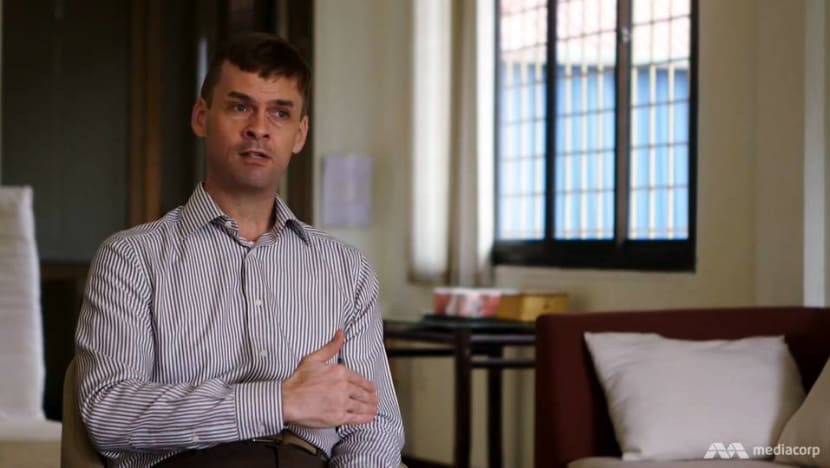
Aside from the scars of their experiences, some of these victims find out that they are not even welcomed by their own family when they return home – simply because of the stigma associated with trafficked girls.
“When these victims escape trafficking, they have already endured great physical and mental pain, and when they return to their communities and families, there is still prejudice,” observed Nguyen. “The people believe that the victims prostitute themselves.”
Survivor Linh is familiar with that feeling of rejection – her relief at returning home soon turned to anger where she felt that people were judging and scrutinising her.
“People looked at me like I am a stranger, but it is not like I wanted this to happen to me,” she said.
Many people had this look in their eyes, they probably thought I had wanted to go (to China).
However, she has since found some closure – she found out that her kidnapper confessed to the police a week after he sold her and was sentenced to prison. She hasn’t seen him since.
Her goal now is to graduate from high school and figure out what to do next.
“At first when I just returned, I had these moments where I blamed myself,” she said. “But since I went back to school, I have told myself it was not my fault … I have to be less harsh on myself so I can live better.”
Watch this episode of Insight here.
